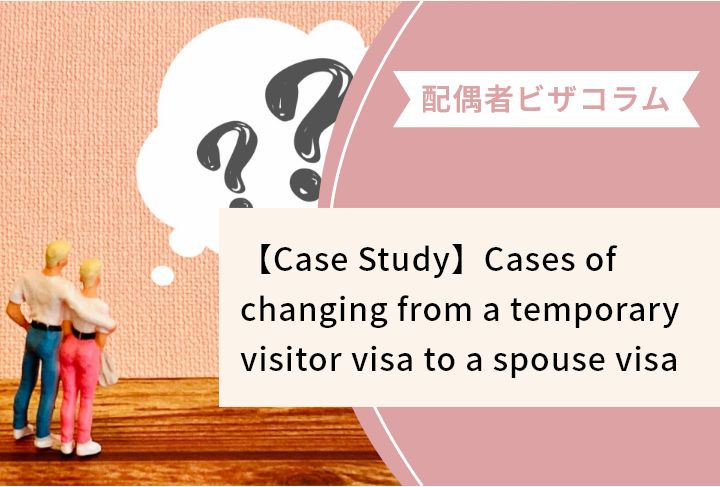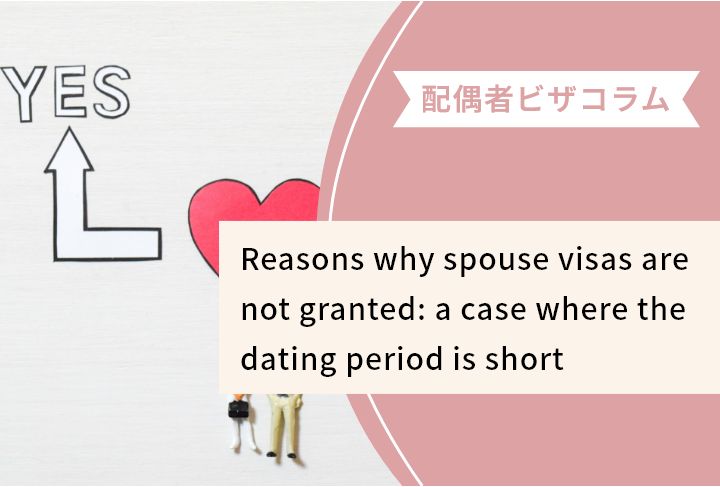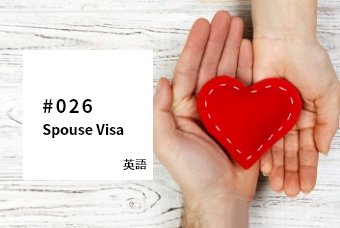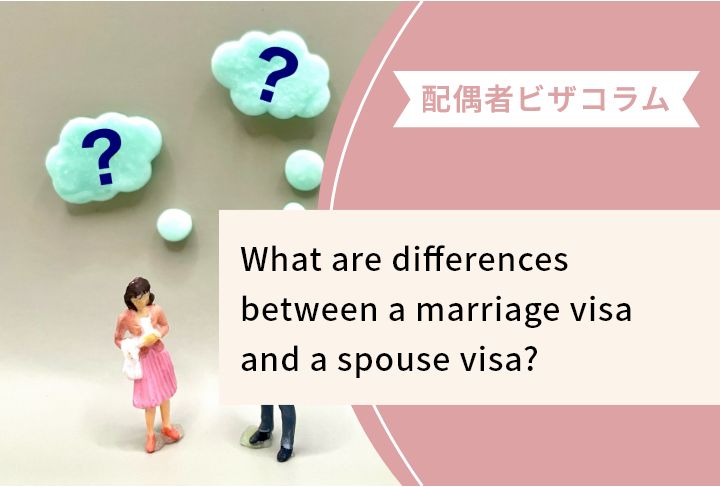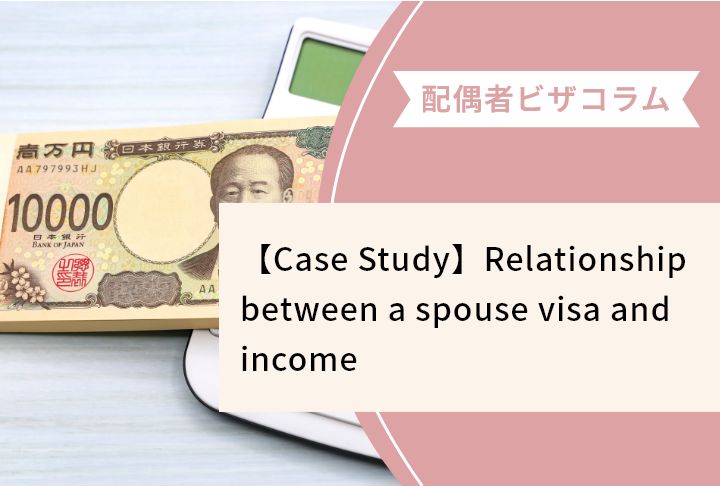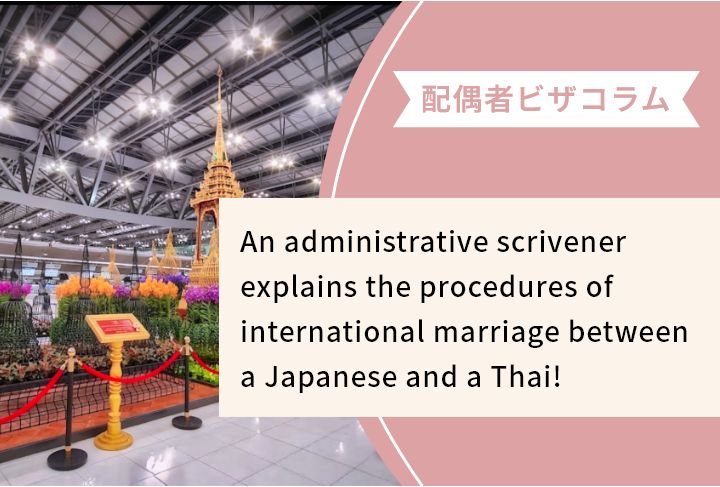An international administrative scrivener explains the procedures for international marriage between a Japanese and an Indonesian!
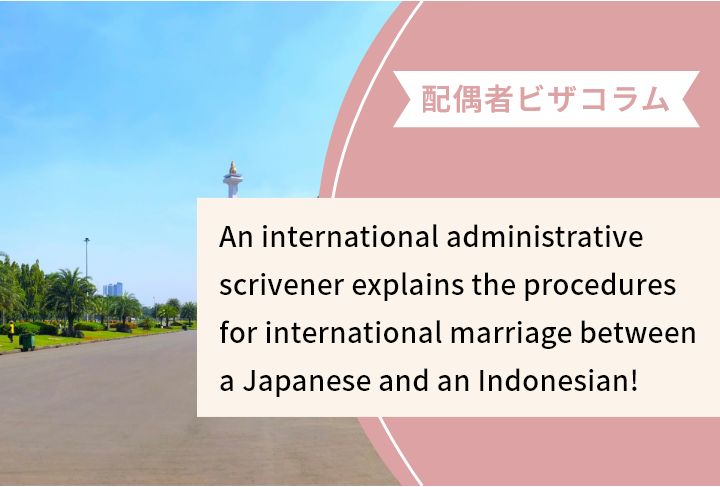
In this article, an international administrative scrivener explains the procedures for international marriage between a Japanese and an Indonesian.
We hope this article will serve as a reference for those who are looking for information as to marriage between a Japanese and an Indonesian.
Index
1. Technical terms related to international marriage procedures
In this section, we will explain the technical terms used in international marriage procedures.
These terms will appear later in this article, so we recommend you to read the following explanation before proceeding to read the rest of the article.
1) The formation of international marriage
In order for international marriage to become effective, in principle, it is necessary to form marital relationships recognized under the homeland law of the wife and that of the husband (laws of Japan and Indonesia in this case).
2) What is a Certificate of Legal Capacity to Contract Marriage?
In order for a foreigner to effectively marry in the Method of Japan (please see 3 below for its meaning), he/she must meet the marriage requirements stipulated by his/her homeland law (e.g. legal age for marriage, and being unmarried).
However, in reality, it is not easy for Japanese municipal offices to research foreign laws.
To solve such issue, a Certificate of Legal Capacity to Contract Marriage needs to be submitted, so the authority knows that the marriage requirements stipulated by the homeland law of the relevant foreigner are satisfied.
In some countries, a Certificate of Being Unmarried is issued instead, but if the document clarifies the fulfillment of legal marriage requirements other than just being single, such document can be considered as a Certificate of Legal Capacity to Contract Marriage as well.
3) Method of Japan and Method of Indonesia
As mentioned above, international marriage procedure is not completed until a marital relationship is formed in both countries of the husband and the wife.
If the marital relationship is formed in Japan first, such method of international marriage is called the Method of Japan, while in the Method of Indonesia, the marital relationship is formed in Indonesia first.
2. Points to note regarding procedures for international marriage between a Japanese and an Indonesian
The following items are points to note regarding procedures for international marriage between an Indonesian and a Japanese.
1) A Certificate of Legal Capacity to Contract Marriage
Indonesia is a country where a Certificate of Legal Capacity to Contract Marriage is issued. There are some websites that state that a Certificate of Legal Capacity to Contract Marriage is not issued in Indonesia, but such information is old and now Indonesia issues such Certificate, so please be careful not to misunderstand that.
2) How to obtain a Certificate of Legal Capacity to Contract Marriage for an Indonesian
To obtain a Certificate of Legal Capacity to Contract Marriage, you need to apply for its issuance either at:
– Kedutaan Besar Republik Indonesia untuk Jepang, KBRI Jepang (Embassy of the Republic of Indonesia in Japan) or
– Konsulat Jenderal Republik Indonesia di Osaka, KJRI Osaka (Consulate-General of the Republic of Indonesia in Osaka)
depending on where you live.
Please note that you and your fiance/fiancee must physically go to above Embassy or Consulate General together.
If your fiance/fiancee is not in Japan, she/he needs to come to Japan with a temporary visitor visa, etc.
As a general rule, the Indonesian government does not issue a Certificate of Legal Capacity to Contract Marriage to those who are staying in Japan without any proper status of residence.
Therefore, if you are an Indonesian overstaying in Japan, you need to carry out marriage procedure by following the general principles of international marriage to effectively get married.
3) Documents required for issuance of a Certificate of Legal Capacity to Contract Marriage for Indonesian
Documents required for Japanese:
– A transcript of the family register
– Resident card
– Certificate of Being Unmarried
– Certificate of Acceptance of Divorce Notification※1
– A written consent of parents or family※2
– A copy of the passport
– A facial photo (with a white background; 4cm×3cm)
Documents required for Indonesian:
– Certificate of Being Unmarried※3
– Birth Certificate
– Family register (Kartu Keluarga)
– Certificate of Family Tree
– Certificate of Parents
– A written consent of parents or family (with a revenue-stamp of 6000 Rupiah)※2
– ID card (KTP) or Resident Card※4
– A copy of the passport
– A facial photo (with a white background; 4cm×3cm)
Required documents may slightly differ depending on where you submit documents, the Embassy in Tokyo or the Consulate-General in Osaka, so please make sure to inquire about the required documents in advance.
If the submission of documents is completed, a Certificate of Legal Capacity to Contract Marriage can be issued on the same day.
*1 You need to submit a Certificate of Acceptance of the Divorce Notification only if you have a history of divorce.
*2 If you have been married before, you do not need a written consent of parents or family.
*3 If you have been married before, you need a copy of a divorce certificate or a death certificate of your ex-spouse.
*4 If you have a temporary visitor visa, you need to show the landing permit stamp page.
4) The legal age for marriage
The legal age for marriage in Indonesia is 19 for men and 16 for women. In order for an Indonesian under the age of 21 to marry, permission of his/her parents is required.
5) The period of prohibition of remarriage
In Indonesia, the period of prohibition of remarriage varies depending on if the marriage was ended due to death of spouse or due to divorce.
In the former case, the period is 130 days, and in the latter case, the period is 90 days.
As an exception, if an Indonesian female is pregnant at the time of death of her spouse or at the time of divorce, the period of prohibition of remarriage will not be applied after she gives birth.
6) Bigamy
In Indonesia, monogamy is required for effective marriage, in principle, but polygamy is also allowed if certain conditions are met.
Having said that, if you marry in the Method of Japan, the marriage notification will not be accepted because it violates the Japanese law which prohibits bigamy.
On the other hand, if the marriage is established in the Method of Indonesian, such marriage may be valid in Indonesia regardless of being bigamy, and the Japanese government office must accept the marriage notification and enter such marriage in the family register of the Japanese spouse because bigamy is a cause for cancellation of marriage, but not a cause for automatic invalidness of marriage under Japanese Civil Code (Answer No. 8355 of Civil Affairs dated 11/26/1926, Answer No. Ko 1544 of Civil Affairs dated 7/28/1951).
3. Documents required for international marriage (“Method of Japan”)
Now we will explain the procedures for international marriage between a Japanese and an Indonesian.
We will describe the necessary documents for marriage between a Japanese and an Indonesian which is established in the Method of Japan.
We recommend that you inquire at the relevant municipal office in advance since required documents may slightly differ depending on each municipal office.
1) Documents required by municipal offices in Japan
[Documents to be prepared by the Japanese husband/wife-to-be]
– A marriage notification form (same as the one used for marriage between Japanese people)
– Identity verification materials (driver’s license, passport, etc.)
– A transcript of the family register (if submitting a notification of marriage to a place other than the registered domicile)
[Documents to be prepared by the Indonesian husband/wife-to-be]
– A Certificate of Legal Capacity to Contract Marriage (with Japanese translation)
– Passport
* You may request translation of a Certificate of Legal Capacity to Contract Marriage at the Embassy in Tokyo or the Consulate-General in Osaka.
2) Reporting marriage to Indonesia
Concerning the marriage established in Japan, you need to submit the following documents to the Embassy in Tokyo or the Consulate-General in Osaka*1 to complete the marriage procedure in both Japan and Indonesia.
[Documents to be prepared by the Japanese husband/wife-to-be]
– A transcript of the family register made after marriage※2
– A Certificate of Acceptance of Marriage Notification※3
[Documents to be prepared by the Indonesian husband/wife-to-be]
– Passport
*1 You can submit by mail.
*2 It does not need to be translated into Indonesian or to be certified by the Ministry of Foreign Affairs of Japan.
*3 It needs to be translated into Indonesian. As with * 2 above, certification by the Ministry of Foreign Affairs of Japan is not required.
4. Documents required for international marriage (“Method of Indonesia”)
Next is the case where a Japanese and an Indonesian marry in the Method of Indonesia.
For the procedures for such case, please refer to the website of the Embassy of Japan in Indonesia and of the Consul-General of Japan in Jakarta.
* Reference
Embassy of Japan in Indonesia, Consul General of Japan in Jakarta
(Japanese) https://www.id.emb-japan.go.jp/visaJ_6_1.html
(Bahasa Indonesia) https://www.id.emb-japan.go.jp/itprtop_id/index.html
5. Summary of procedures for international marriage between a Japanese and an Indonesian
In this article, we have explained procedures of marriage between a Japanese and an Indonesian.
Since many documents are required for marriage between a Japanese and an Indonesian, preparation of documents is already laborious work before proceeding to actual procedure.
Having said that, there are quite a few cases of marriage between a Japanese and an Indonesian, and because of that, it is rather easy to find information concerning marriage between a Japanese and an Indonesian.
Plus, embassy and other places provide information, so you can use such information as well.
We hope this article is helpful for those who are looking for information as to marriage between a Japanese and an Indonesian.








